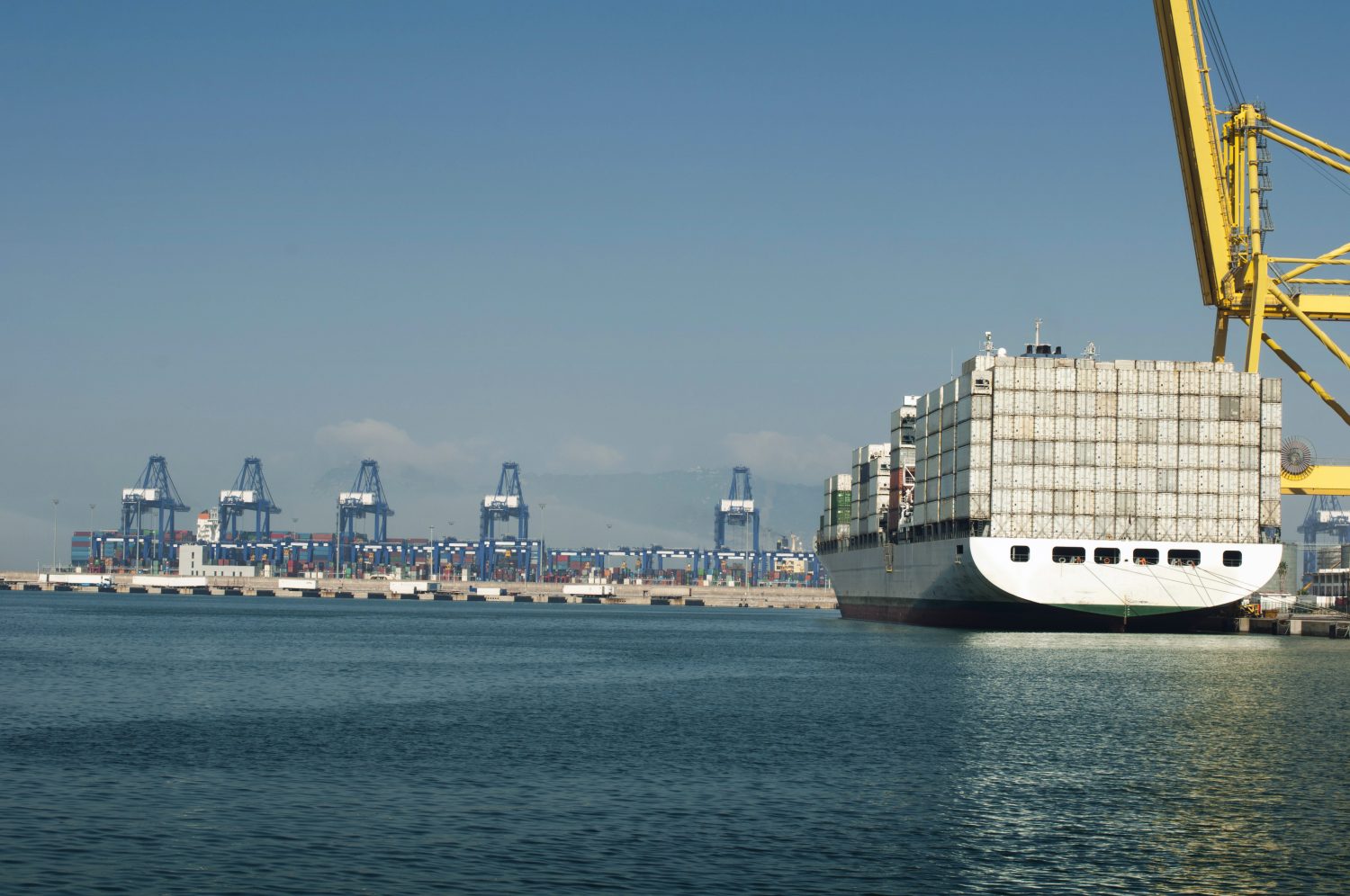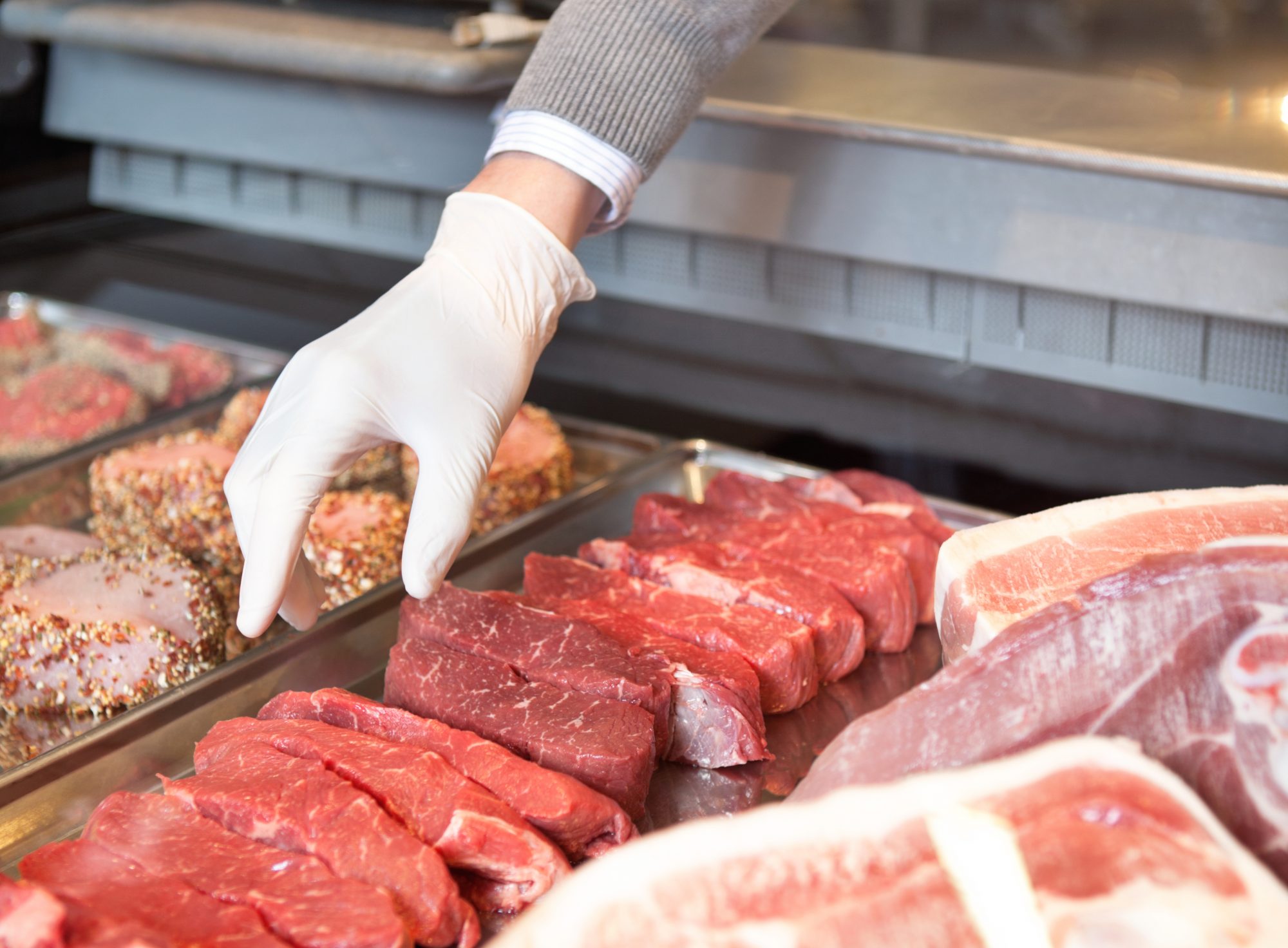
Is U.S. Beef Next On China's Tariff List?
Today, China is delivering a second blow to the trade war developing with the U.S. The country issued a $50 billion list of U.S. goods at risk for a possible tariff hike, including U.S. soybeans and beef. There’s no date for the 25% increase to take effect, but producers are already worried.
“It is unsettling to see American-produced beef listed as a target for retaliation,” says Kent Bacus, director of international trade and market access for the National Cattlemen’s Beef Association. “Sadly, we are not surprised, as this is an inevitable outcome of any trade war. This is a battle between two governments, and the unfortunate casualties will be America’s cattlemen and women and our consumers in China. The Trump Administration has until the end of May to resolve this issue. We believe in trade enforcement, but endless retaliation is not a good path forward for either side.”
This growing trade market that just restarted, could be halted quickly.
“China is a promising market for U.S. beef, and, since the June 2017 reopening, the U.S. industry has made an exceptional effort to provide customers with high-quality beef at an affordable price,” says Dan Halstrom, U.S. Meat Export Federation (USMEF) president and CEO. “This is not an easy task, due to our 13-year absence from the market and China’s beef import requirements.”
Since the Chinese market reopened late in 2017, trade data from USDA’s Foreign Agricultural Service has projected that China will import 2.26 billion pounds of beef in 2018. At the current level, U.S. beef exports to China would represent roughly 1% of Chinese beef imports.
Producers were excited to capture even a small percentage of China’s beef demand. The country imported $2.5 billion beef products in 2016.
According to USMEF data, in the second half of 2017, following the market reopening, U.S. beef exports to China totaled 3,020 metric tons valued at $31 million. In January 2018, exports reached the highest monthly volume to date at 819 metric tons, valued at $7.5 million.



